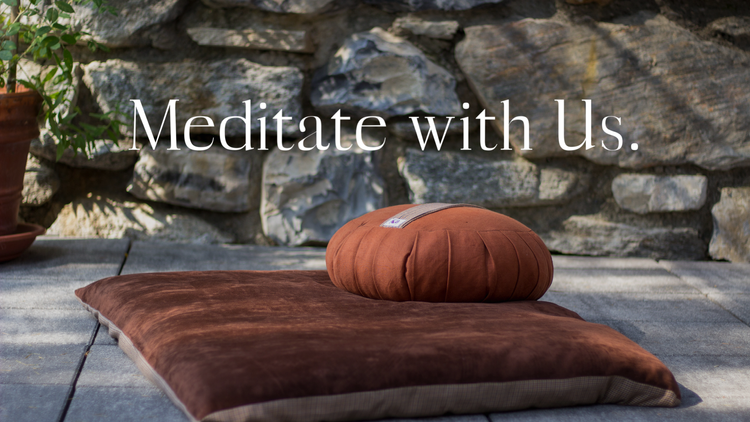Preparedness

Develop a complete acceptance and openness to all situations and emotions, and to all people, experiencing everything totally without mental reservations and blockages. – Dilgo Khyentse
Most people think about meditation as an act. You sit down and meditate. But really, meditation is a process of familiarization. You become more familiar with mind and its nature.
In the beginning of our practice, we sit down to meditate and experience various meditation states: peacefulness, equanimity, silence. We start to be able to direct our mind more easily, gaining stability and attention.
Then we get up from our meditation, and we lose most of those states as we continue to go about our day.
The practice, your practice, is to integrate your meditation with your daily life. Gradually, we start to bring the states we experience in meditation into our daily life. We start to notice more equanimity and acceptance as we go about our day. Our attention is more grounded. We notice when our mind is wandering and distracted.
In meditation, we can cultivate compassion through the practice of giving and receiving. This practice gives rise to unconditional compassion in which we are open, available, and responsive. Gradually we can mingle this openness and responsiveness with our daily life, bringing more compassion and kindness into our life.
When we are resting in the natural state, we are resting in open presence, an uncontrived awareness. Gradually we can mingle this awareness during meditation with our daily life, bringing more openness and presence into our everyday life.
The meditation states become traits.
With experience, the qualities of meditation becomes traits of who we are. What was once an act of meditation, becomes an ongoing feature of awareness, part of the very fabric of our being.
Engaging in the practice in this way creates a sense of preparedness. We are able to encounter the reality of our life as it is. Being open, available, and responsive, we are able to meet the suffering of others with presence and understanding.
In the end, our practice serves not only to fulfill our own aims, but we also end up being more available for others. It's not something we act out, but an expression of our presence and willingness to meet the world as it is.




